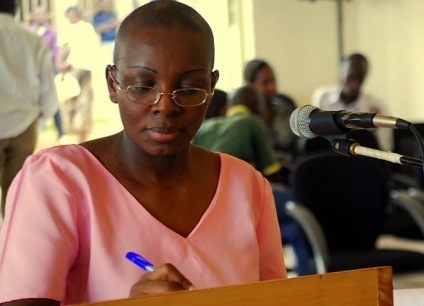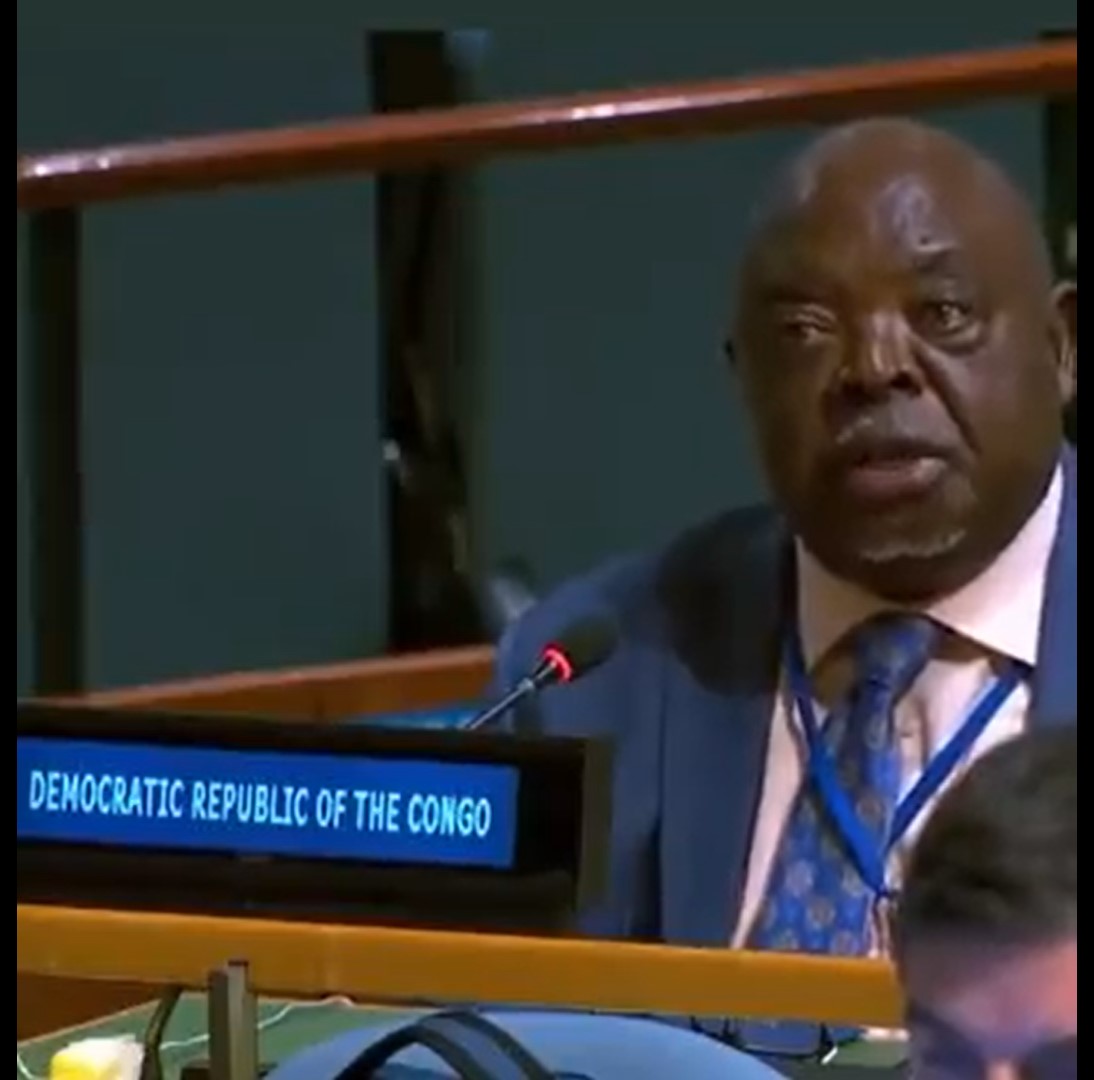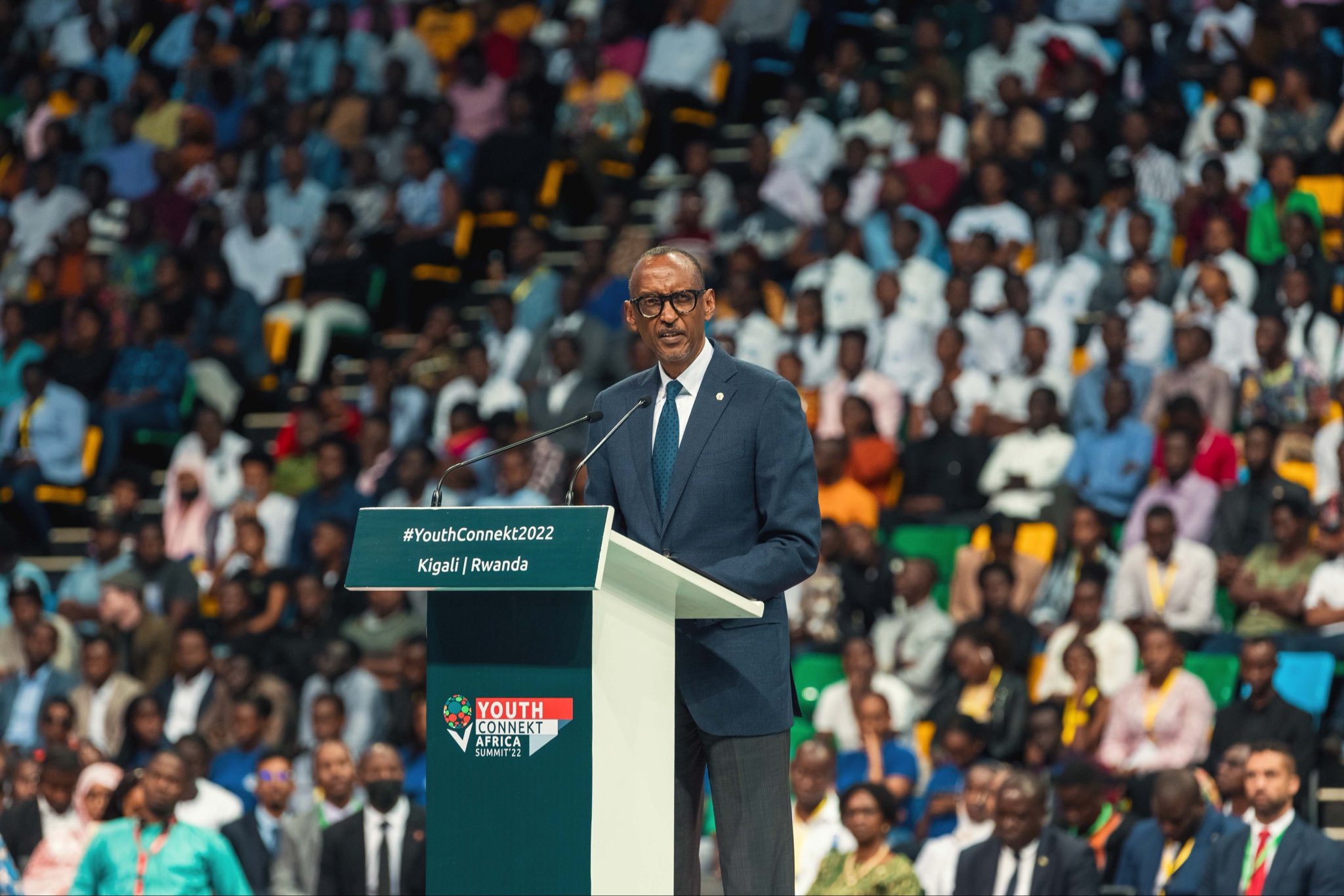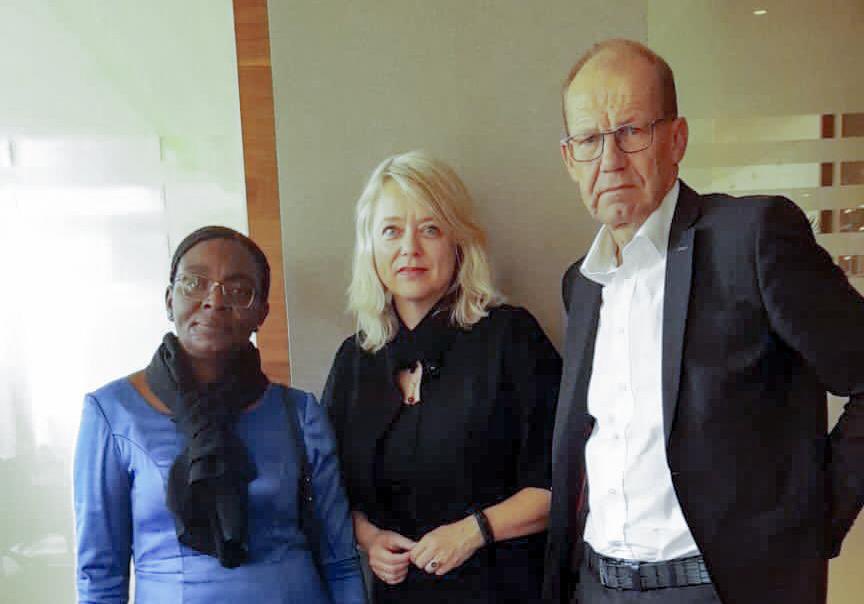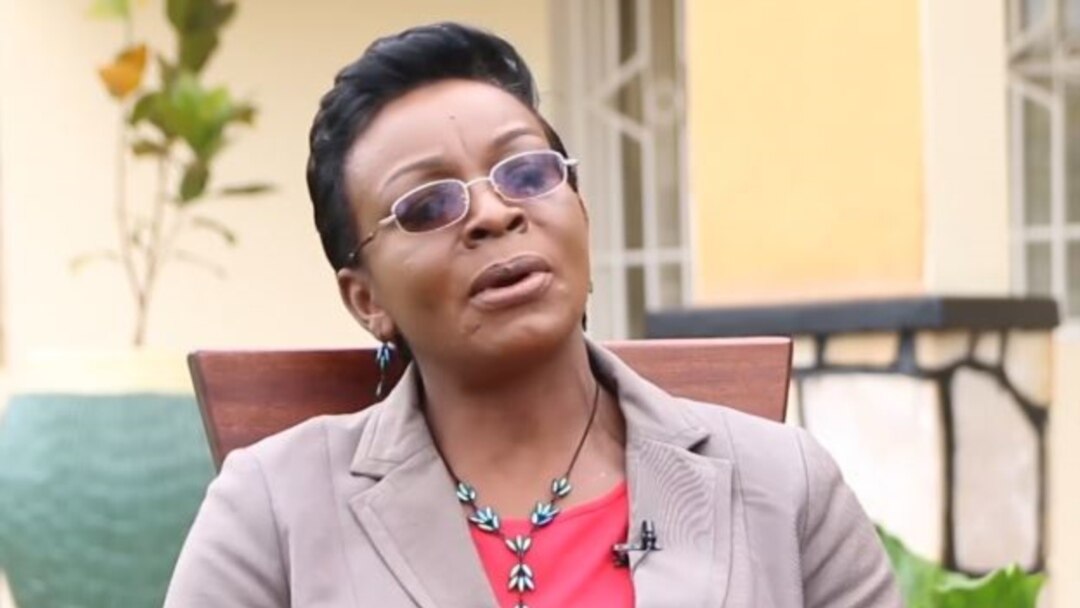Regional
DRC leaders’ escapism only worsens a bad situation
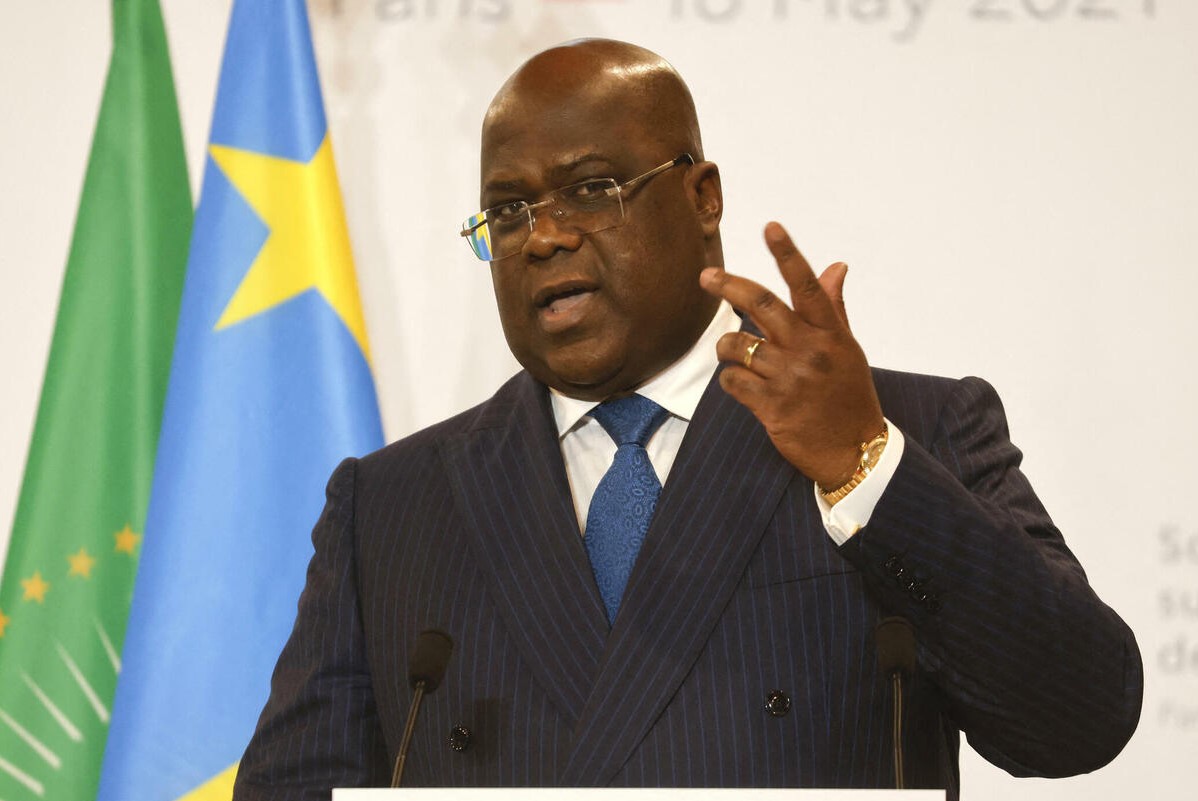
The Democratic Republic of the Congo (DRC) is well known for its distinctive
natural resource wealth. However, when
it comes to leadership, it has failed to raise to the occasion – and especially
use its vast natural resource wealth to ensure the sustainable development of its
citizens.
This has been the case for decades, much to the detriment of the
Congolese people.
Despite being endowed with exceptional natural resources like
cobalt and copper, a huge hydropower potential, having significant arable land,
an immense biodiversity and the world’s second largest rainforest, Congolese do
not benefit from this wealth.
A long history of poor leadership and political upheavals, among
other internally generated challenges, account for the country being among the
five poorest nations in the world.
According to the World Bank, in 2021, nearly 64 percent of the
Congolese population - just under 60 million people - lived on less than $2 a
day. About one in six people living in extreme poverty in Sub Saharan Africa
are in DRC.
On human security, DRC has one of the highest stunting rates in
Sub Saharan Africa, 42 percent of children under the age of five are
malnourished. Malnutrition is the underlying cause of almost half of the deaths
of children under the same age. Unlike
other African countries, the prevalence of stunting in DRC has not decreased
over the past 20 years.
With all these challenges, one wonders where Congolese leaders get
the audacity to blame Rwanda for their challenges whenever they get a
microphone to speak at any international arena. It does not matter what subject
is up for discussion; Congolese officials will not miss a chance to blame
neighbouring countries, especially Rwanda, for their own shortcomings.
What first looked as a bizarre but occasional scapegoating
approach from the DRC leadership failure to address internal political problems
is increasingly becoming a droll and irrelevant pretext for all the leadership
failures.
Congolese President Felix Tshisekedi’s speech at the recent United
Nations General Assembly was telling. By blaming Rwanda for his failure to
bring about peace and security in eastern DRC, he set the tone for all other
Congolese leaders to do the same whenever they speak at international fora.
DRC Minister for Transport, Cherubin Okende Senga, at an
international transportation conference, specifically on security in air
transportation, preferred to make a political speech similar to that of his boss.
He attempted to blame Rwanda for the hazardous DRC air
transportation security but could hardly challenge facts.
According to data from the Aviation Safety Network, which monitors
and collates information about airline safety, DRC has had the most
passenger-plane accidents in Africa since 1945. At the time, Rwanda was still a
Kingdom. The vast neighbour's bad air safety record is largely attributed to
the terrain of a dilapidated airport, substandard airport infrastructure, poor
traffic navigation and surveillance equipment as well as lack of regulation,
among other issues.
The truth is, by blaming Rwanda for its problems, the DRC is
wasting precious time that would be used in trying to find lasting solutions to
the country’s problems.
Even if the world miraculously buys into DRC's requests to impose
sanctions on Rwanda, the problems of DRC will not end because the
self-destructive behavior of the latter’s leaders.
Kinshasa should understand that there will be no solution in blame
games.
Escapism only worsens an already appalling state of affairs. The
causes of all the problems in DRC are internally generated and will only be
solved through the adoption of home-grown solutions.
Rwanda will not pay much attention to Kinshasa’s petty blame game.
Rwanda is busy at work.


